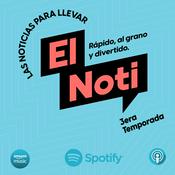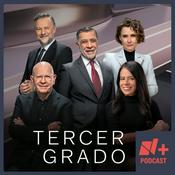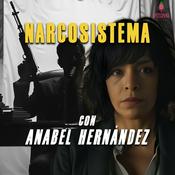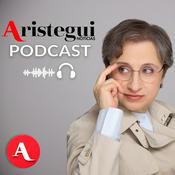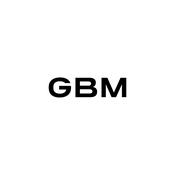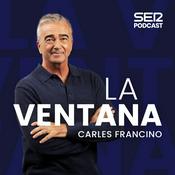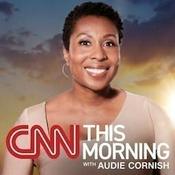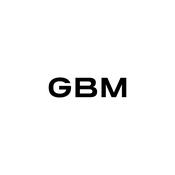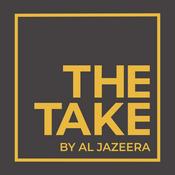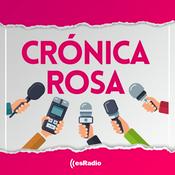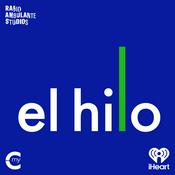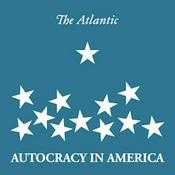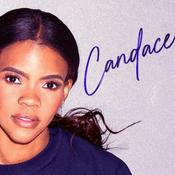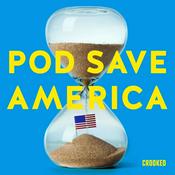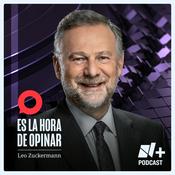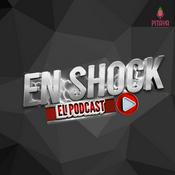61 episodios

Jews and Hats: A Thousand-Year-Old Love Story
08/1/2026 | 30 min
When did Jews start covering their heads? Certainly not in the Bible. The practice emerged during rabbinic times, and not everywhere. Learn more about your ad choices. Visit megaphone.fm/adchoices

Reform Judaism's Wide Open Doors + Rabbi Rick Jacobs
29/12/2025 | 50 min
Why Do Jewish? Love, Obligation, and the Courage to Show Up Imagine a familiar conversation in any household across the world. “Do we have to go to the school concert tonight?”There’s no law. No statute. No external requirement. And yet—you go. Why? Because love creates obligation. Not the other way around. That deceptively simple truth sits at the heart of my conversation with Rabbi Rick Jacobs, president of the Union for Reform Judaism, on this episode of Martini Judaism. For generations, Jews have argued about obligation. Traditional Jews often point to halacha—Jewish law—as the source of Jewish responsibility. Reform Jews, by contrast, have insisted on autonomy, conscience, and choice. So the question remains stubborn and unavoidable: Why do Jewish at all? Rabbi Jacobs and I explore that question through the lens of relationship—an idea shared by three of the thinkers who shaped us both: Martin Buber, Franz Rosenzweig, and Eugene Borowitz. Each, in his own way, taught that Jewish obligation does not descend from heaven like a decree. It rises from love, belonging, and covenant. Buber taught that mitzvot come alive when they are responses to encounter.Rosenzweig insisted that commandment follows love, not the other way around.Borowitz reminded Reform Jews that autonomy without commitment is hollow—and that obligation grows out of relationship with God, tradition, and the Jewish people. You don’t attend your child’s concert because you signed a contract.You go because you love your child—and because love binds. Judaism works the same way. This episode isn’t about guilt or coercion. It’s about relationship. And about the quiet, demanding truth that love creates the strongest obligation of all. Learn more about your ad choices. Visit megaphone.fm/adchoices

Antisemitism Is as American as Apple Pie + Pamela Nadell
30/10/2025 | 48 min
Historian Pamela Nadell joins us to confront an unsettling truth: antisemitism didn’t come to America—it was born here. In her powerful new book, Antisemitism: An American Tradition, Nadell traces how hatred of Jews took root in the New World, evolved with the nation itself, and continues to shape our politics, culture, and conscience. Learn more about your ad choices. Visit megaphone.fm/adchoices

How do you go from hatred to hope? + Arno Michaelis
29/9/2025 | 47 min
The Days of Awe are upon us. They always hit me with a familiar, bracing urgency: Look at your life. Consider your words, your choices. Where have you failed? Whom have you harmed? What will it take to begin again? If we’re honest, most of us spend these days trying to clean up the usual messes: the casual slight, the simmering resentment, the careless word that cut deeper than we knew. We rehearse our regrets, and we whisper our promises to do better. But once in a while, a life comes along that reminds us just how radical, how shattering, how possible teshuvah (repentance) really is. That life belongs to Arno Michaelis. Check out our podcast with him. Learn more about your ad choices. Visit megaphone.fm/adchoices

The book every Jew should read before the High Holy Days
10/9/2025 | 50 min
Former Obama speechwriter Sarah Hurwitz on faith, identity, and resilience. What happens when a White House insider turns her attention to Jewish wisdom, identity, and survival in a turbulent age? Rabbi Jeff Salkin sits down with Sarah Hurwitz—former speechwriter for President Obama and First Lady Michelle Obama, and author of Here All Along and As a Jew—for a conversation that is sharp, soulful, and deeply relevant. Together they explore the challenges of antisemitism on campus, the tug-of-war over Israel, and why “cultural Judaism” isn’t enough. Hurwitz makes the case for reclaiming Jewish identity on our own terms—with humor, honesty, and hope. Learn more about your ad choices. Visit megaphone.fm/adchoices
Más podcasts de Noticias
Podcasts a la moda de Noticias
Acerca de Martini Judaism
Escucha Martini Judaism, Así las cosas con Carlos Loret de Mola y muchos más podcasts de todo el mundo con la aplicación de radio.net
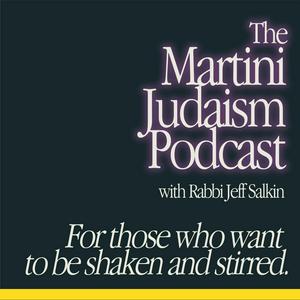
Descarga la app gratuita: radio.net
- Añadir radios y podcasts a favoritos
- Transmisión por Wi-Fi y Bluetooth
- Carplay & Android Auto compatible
- Muchas otras funciones de la app
Descarga la app gratuita: radio.net
- Añadir radios y podcasts a favoritos
- Transmisión por Wi-Fi y Bluetooth
- Carplay & Android Auto compatible
- Muchas otras funciones de la app


Martini Judaism
Descarga la app,
Escucha.

